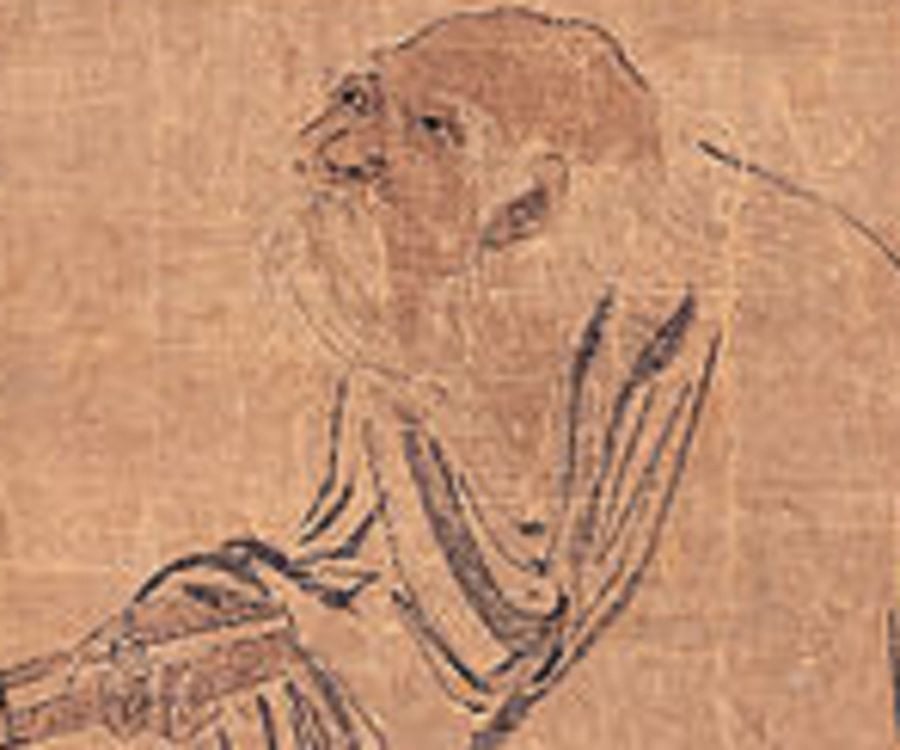Lau-tzu and Machavelli
are great political minds from two different time eras and cultural backgrounds.
Lau-tzu has a much more “laissez-faire” type view of the government and the
role of political leaders, while Machavelli would rather keep the people in
check to avoid any mutiny that would arise from any excessive show of compassion.
Lau-tzu wrote his
thoughts on what makes a great leader in a work known as Thoughts from the
Tao-te Ching. Throughout the text he points out that virtue should be at the
center of a master’s, as he refers to the ruler, mind. He believed that all masters
should not allow the people know that they are actually being ruled, “When the
government is too intrusive, people lose their spirit. Act for the people’s
benefit. Trust them; leave them alone.” (Thoughts from the Tao-te Ching, stanzas 58 and 59).

With this statement Lau-tzu is meaning that people are more willing to do the morally correct thing if they believe that it is of their own choosing. He also believes that a good ruler should not want for power, meaning that they should not lust after power and their main priority should be the well-being and happiness of the citizens.
On the other end of the spectrum, Machavelli
believed that a prince’s, his version of a ruler, main concern should be to
stay in power. If the cost of this is war, so be it. The prince should
constantly anticipating a fight and be well versed in the art of war. He
believes that virtue is the path of sure destruction for a leader. While it is
good to be known as merciful, a leader must not allow his virtue cover too
much. He must also be known as being stern and slightly cruel if it means
keeping order and peace. The prince must know when to fight mentally and when
to use brute force.
While their views of
how leaders should rule differ in many ways, they both due have one key bottom
line: they wish to rule well and ensure the safety of their people. 
Comments
Post a Comment